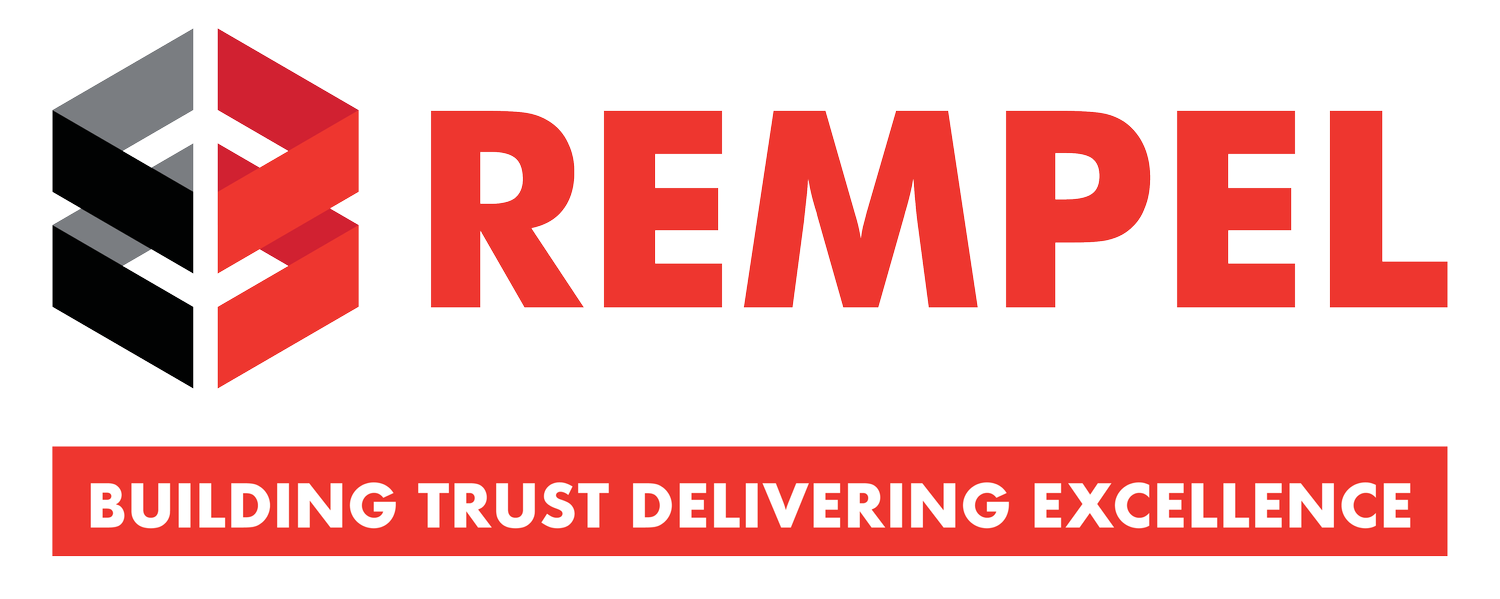
Project Management
Overview of Project Management in Construction
Project management in construction is a multidisciplinary process that requires careful planning, coordination, and execution to achieve desired outcomes. It encompasses a wide range of activities, such as defining the project’s objectives, creating a detailed project plan, managing resources, controlling costs, and ensuring that all tasks are completed to the specified quality standards. The role of a project manager in construction is critical to the success of the project. They serve as the central point of communication among various stakeholders, including clients, contractors, architects, engineers, and suppliers.
Key Phases in the Rempel Builders Project Management
Initiation Phase: The project management process begins with defining the project’s goals, scope, and objectives. During this phase, the feasibility of the project is analyzed, and a project charter is created to outline the project’s key requirements and stakeholders. The Rempel team assesses the viability of the project based on location, budget, and market demand, setting the stage for the detailed planning phase.
Planning Phase: The planning phase is crucial to the success of any construction project. For Rempel, this involves collaboration with architects, engineers, and other specialists to design the project and establish clear timelines and resource requirements. A detailed project plan is developed, which includes defining the scope, determining the budget, selecting the construction team, creating a risk management plan, and developing a schedule. Effective planning at this stage helps mitigate potential issues later on in the project.
Execution Phase: The execution phase is where the actual construction work takes place. This includes hiring contractors, procuring materials, and setting up the construction site. The project manager oversees the day-to-day operations to ensure that the work is progressing as planned. Regular site meetings and updates help to monitor progress, address any issues that arise, and ensure that the quality standards are met. Coordination and communication are critical during this phase to avoid delays and cost overruns.
Monitoring and Controlling: As construction progresses, the project manager must continuously monitor and control the project to ensure it stays on track. This involves tracking the project’s timeline, budget, and quality standards, and addressing any deviations from the plan. Rempel Builders utilizes various tools such as project management software, budget tracking systems, and quality assurance processes to monitor the status of the project. If necessary, corrective actions are taken to resolve any issues or obstacles that could hinder the project’s success.
Closing Phase: Once construction is completed, the project enters the closing phase. This involves conducting a final inspection, ensuring all deliverables are met, and officially handing over the completed building to the client. Rempel Builders ensures that all legal requirements, permits, and documentation are completed and that the building is ready for occupancy. The project manager also conducts a post-project evaluation to assess the overall success and identify areas for improvement in future projects.
Challenges and Best Practices
Construction projects face numerous challenges, including unexpected delays, budget overruns, and unforeseen risks. However, Rempel Builders mitigates these challenges through thorough planning, effective communication, and adaptive strategies. Best practices include:
Risk Management: Identifying and planning for potential risks, such as material shortages, weather delays, and labor issues, is crucial for ensuring the project runs smoothly.
Stakeholder Communication: Maintaining open and transparent communication with all stakeholders helps prevent misunderstandings and ensures alignment throughout the project.
Technology Integration: Leveraging construction management software and other digital tools helps streamline project tracking, scheduling, and budgeting.
Why Rempel Builders?
In summary, Rempel Builders takes a structured approach to planning, executing, and closing construction projects, ensuring that they are completed successfully while meeting the client’s expectations. Through careful attention to detail, strong coordination among teams, and a focus on quality and efficiency, Rempel Builders continues to build a reputation for excellence in the construction industry.





